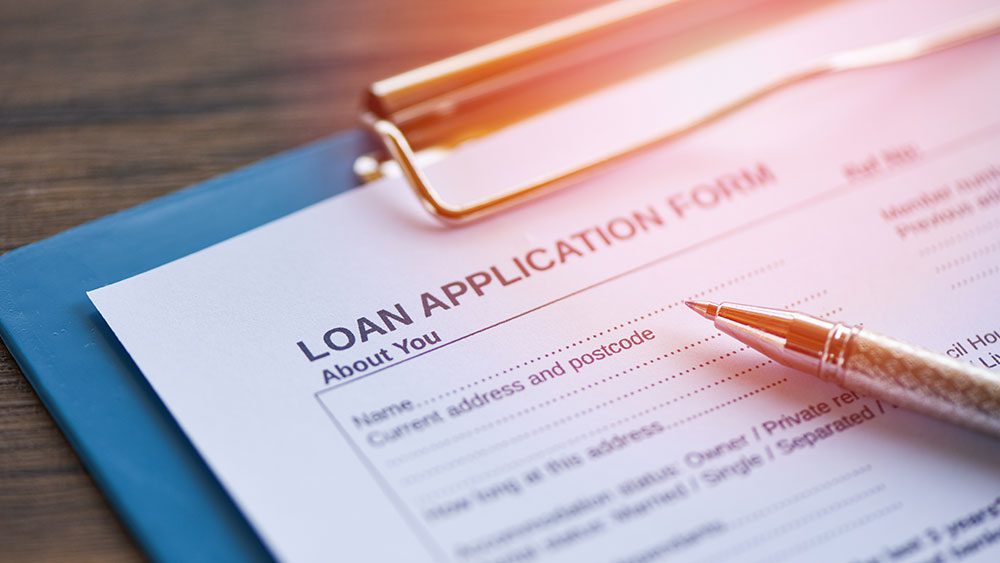Delayed financing allows homebuyers to purchase a property with cash, then obtain a cash-out refinance mortgage to recoup all, or most, of the money used for the purchase. This strategy lets the buyer make a cash offer on a property, which is more attractive to sellers, especially in a bidding war.
Why Use Delayed Financing?
Delayed financing has numerous benefits, from making a more attractive bid for a property to saving on financing costs. Here are some of the top reasons to use delayed financing.
Make a More Competitive Offer
Delayed financing enables homebuyers to purchase the home for cash, then after closing and possibly rehabbing the property, get a cash-out refinancing loan for up to 100% of the purchase costs.
Therefore, delayed financing enables homebuyers to submit a strong all-cash bid for a home, often beating out their competitors for the property.
Avoid a Financing Contingency
In a traditional real estate transaction, a financing contingency in the purchase agreement allows the buyer to back out of the transaction if they cannot secure financing for the property.
However, a financing contingency is unnecessary in an all-cash offer since the buyer is not financing the property purchase. This can make the offer more attractive to sellers, eliminating the risk of the deal failing due to financing issues.
Take Advantage of a Hot Market With a Fast Close
In a fast-moving real estate market, properties can sell quickly. Delayed financing can help you move fast and avoid missing out on a great opportunity. So, an all-cash offer often includes how quickly the seller can close, possibly as soon as four to seven days.
Access the Home’s Equity Quickly
Buyers who purchase a home for cash can immediately access the property’s equity with delayed financing by qualifying for a Delayed Financing Exception, waiving the 6-month cash-out refinance restriction.
Depending on the property type, the buyer can qualify to take out up to 80% of the property’s value for a maximum loan-to-value (LTV) ratio of 80%. Also, the mortgage amount, including closing costs and applicable fees, cannot exceed the price paid for the property.
In cases where the property is purchased for cash and has a significantly high value shortly after the purchase date, delayed financing is an excellent method of taking profits.
Avoid Tying Up Cash
Delayed financing allows buyers to put their cash to work to reap immediate benefits, then take all, or a majority, of their cash out of the property. This avoids tying up cash and putting it at risk.
What Are the Requirements for Delayed Financing?
Delayed financing is a type of cash-out refinance where borrowers are exempt from the six-month waiting period of a standard cash-out refinance. To qualify, therefore, you must meet specific requirements:
- You must have the cash available to make the initial purchase which can come from savings, investments, an unsecured loan, a HELOC on another property, or other sources.
- You must qualify for the Delayed Financing Exception and a mortgage after closing on the property. You’ll need good credit and income to be eligible for a mortgage.
- You’ll need to provide documentation of the initial purchase and the source of the funds used.
- You’ll need to meet the lender’s requirements for a cash-out refinance.
What Are the Risks of Delayed Financing?
Delayed financing can be helpful, but knowing the risks is essential. Depending on individual circumstances, delayed financing can have benefits and consequences. Here are some of the potential consequences of delayed financing.
Higher Interest Rates
The interest rates for delayed financing are typically higher than a traditional mortgage. And if you wait to get the loan while interest rates are increasing, the interest rates can be even higher.
Higher Fees
Delayed financing typically has higher fees relative to a standard cash-out refinance.
Required to Leave Equity in the Property
Delayed financing allows you to take out 70% to 80% of the property’s value, depending on the property type. Therefore, you must leave 20% to 30% equity when getting delayed financing.
Loan Qualification and Documentation
There is no guarantee that you’ll qualify for delayed financing. Also, delayed financing requires additional documentation, such as proof of the source of cash funds to purchase the property.
Therefore, work with your mortgage broker before purchasing the property to ensure you qualify for delayed refinancing and have all the documentation for closing the mortgage quickly.
Closing Points
Delayed financing is helpful for homebuyers who want to make a cash offer. It gives the buyer the ability to make the best deal while having advantages over competitors who make offers contingent on financing.
However, it’s also essential to carefully consider the potential consequences of delayed financing while considering the advantages.
© 2024 xpertRealtyMarketing.



